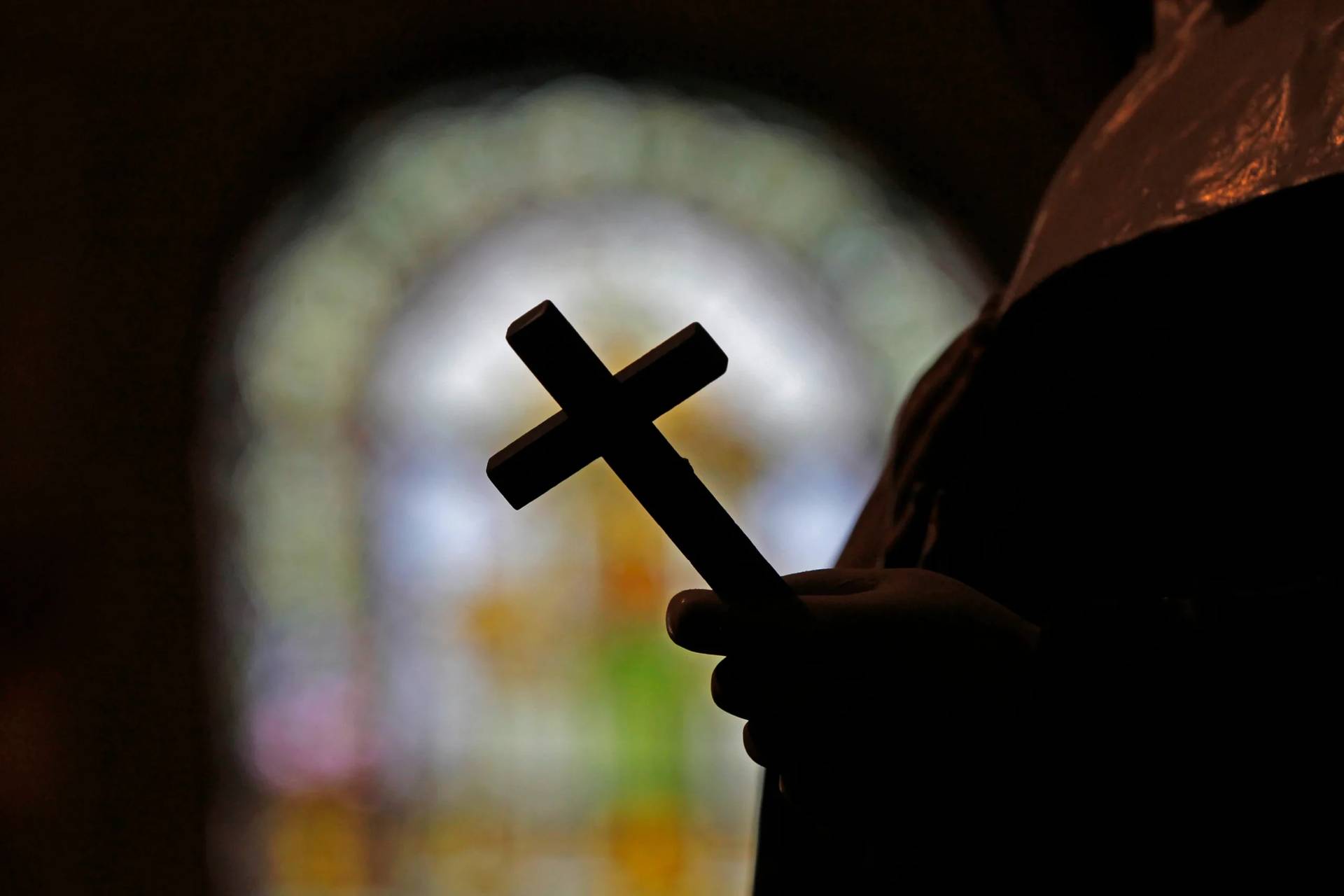WASHINGTON, D.C. — In the spring and fall, some days are longer than others for Margaret Simonson, immediate past chair of the U.S. bishops’ National Advisory Council, a group that advises the Administrative Committee of the U.S. Conference of Catholic Bishops.
For the past few years, she has set out twice a year from her tranquil environs in the Diocese of Rapid City, South Dakota, where she is chancellor, and headed east to Baltimore to meet with the 40 to 50 people from around the country who make up part of the advisory council where they discuss topics such as marriage, religious liberty, racism, immigration and other issues on the minds of the Administrative Committee.
Formation of the National Advisory Council was first approved by the U.S. bishops in April 1968, just three years after the close of the Second Vatican Council, and it first met the following March.
The group, conceived as a rotating group of advisers, helps the prelates take various views into consideration as they look for a way to respond to topics as a group and in the public arena.
RELATED: What to expect when the U.S. bishops meet in Florida this week
“At the beginning, it was overwhelming. I am used to small cities and not being involved in high-powered things,” said Simonson in a June 7 interview with Catholic News Service. “It was a bit overwhelming, but I knew it would be going in.”
Like others who participate, Simonson was selected for the group by a bishop from her diocese. Those who make up the advisory council include deacons, priests, men and women religious but also laity, like Simonson. They are different ages and come from different walks of life.
“It’s a diverse group. It’s a cross section of backgrounds, of ethnicities and age,” she said.
But there’s one thing that unites them.
“Every person has a love for Christ and his church,” she said. “It was something that was binding from the beginning.”
Before heading to the meetings twice a year, there’s a process of studying the issues, Simonson said. The Administrative Committee sends the participants issues and topics to consider. Reading and considering them takes a long time. The group “takes seriously its responsibility,” she added, while acknowledging that the purpose is not so much to seek consensus about the topics as much as have a conversation about them.
“It’s how we react, about the level of support or nonsupport,” she said.
Once they get to the meetings in Baltimore, where the bishops hold their annual fall assembly, members vote on whether they agree, disagree or can abstain from voicing agreement or disagreement on topics.
“Everybody is entitled to their viewpoint,” Simonson said.
And when people come from different parts of the country, there are many different viewpoints to consider.
“I had no idea about the racism that is going on among undocumented because we don’t deal with that in my part of the world,” she said. “I didn’t grow up with racism at all.”
During Simonson’s term, the group has addressed marriage, religious liberty, and life issues. Though the group offers advice, those on the Administrative Committee are not obligated to accept it. However, it helps them to hear about it, Simonson believes because “we bring what’s happening on the ground level. We are the people in the pews.”
RELATED: USCCB head condemns Trump administration’s recent moves on immigration policy
While some on the committee come from metropolitan areas, others like Simonson come from rural areas and that means bringing along different points of view. The place where she lives includes five American Indian reservations and that helps her provide advice from a different perspective, she believes.
“Our own experience is what makes it interesting,” she said.
But it also offers members an opportunity to learn about the Church around the country and also to learn about its processes, such as evangelization efforts as well the process of making someone a saint, and efforts by the Church to protect children from sex abuse, Simonson said. It’s also gratifying to see that the USCCB at least listens to what they have to say, she said, particularly because the days of the meetings and the discussions that take place are long.
“It was a wonderful opportunity,” said Simonson, who was finishing up her last year on the council. “I learned a lot about the inner workings of the Church, I met a lot of wonderful people, and it’s an excellent experience.”
Her successor as chair of the body is Father David A. Whitestone, who delivered the National Advisory Council’s report to the bishops during their spring assembly, held this year in Fort Lauderdale, Florida, June 13-14.
“It’s an honor to be asked to serve,” Simonson told CNS. “I can’t stress what a wonderful experience it is. I go home very tired, but anybody who is invited to serve should. It opens your eyes to the whole country.”

















